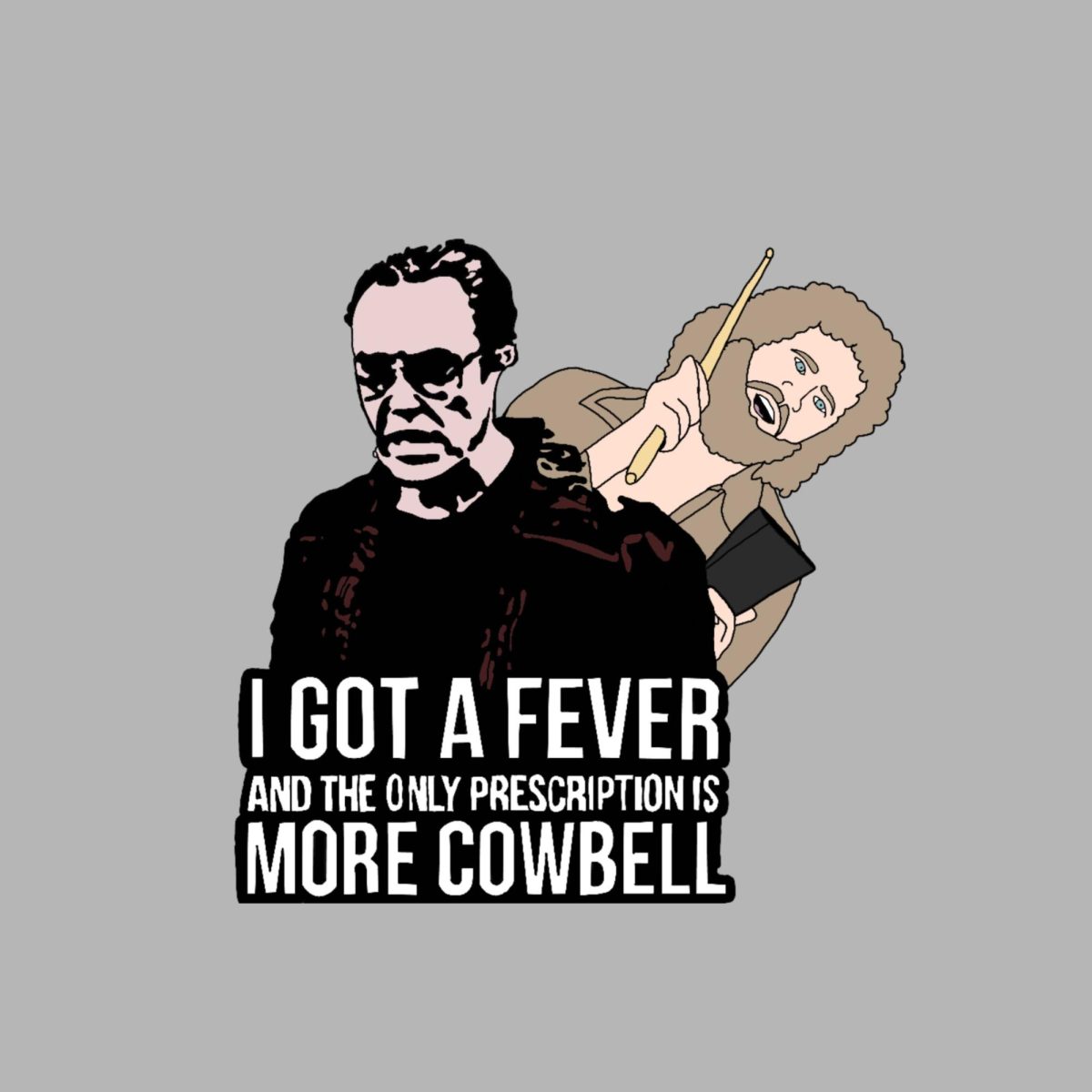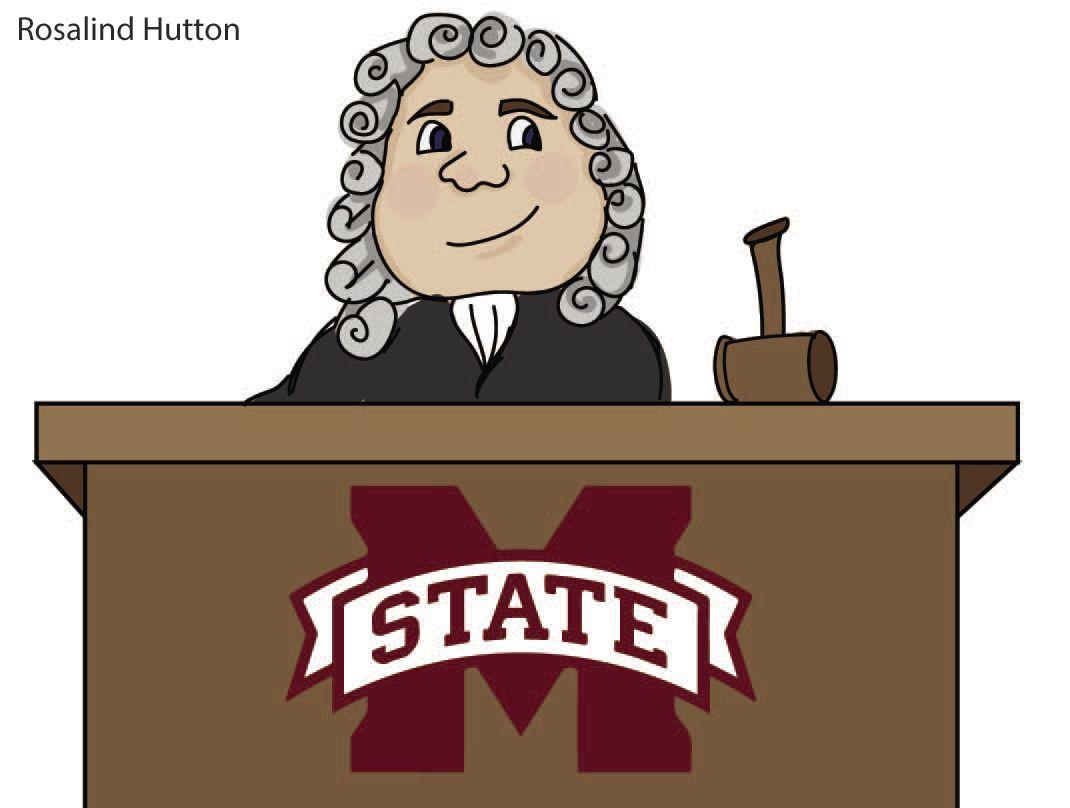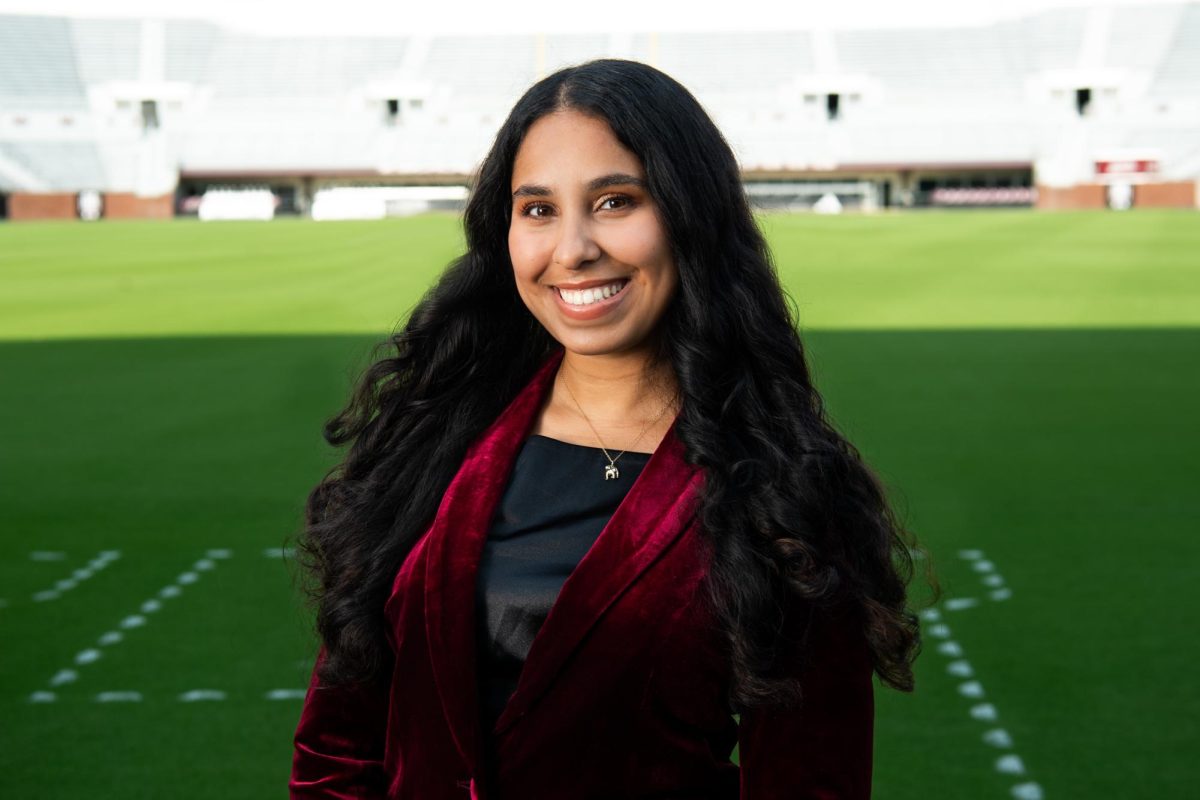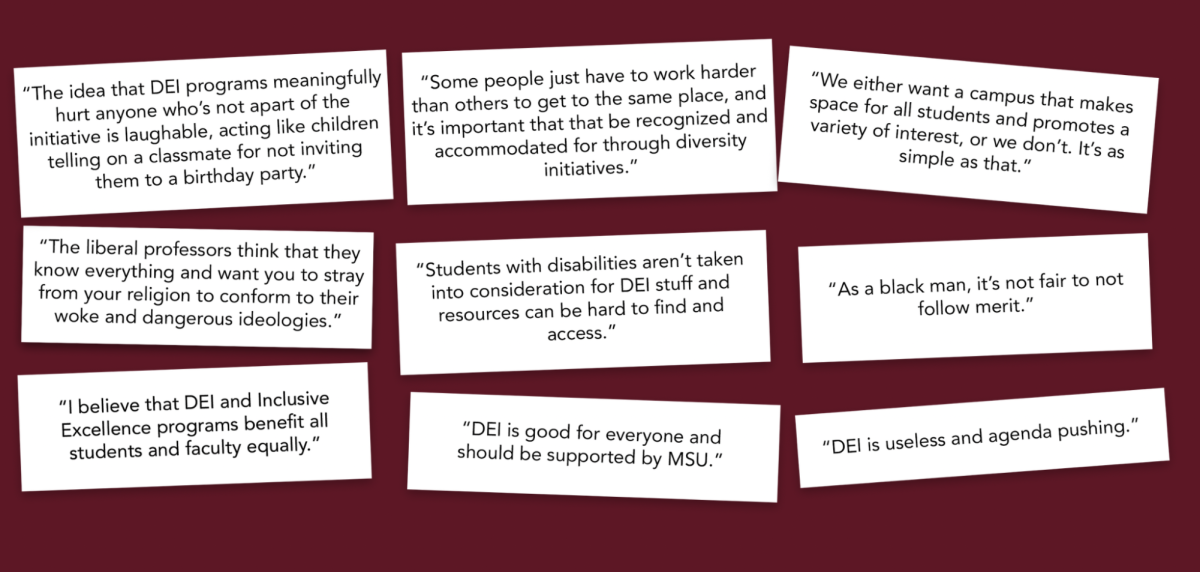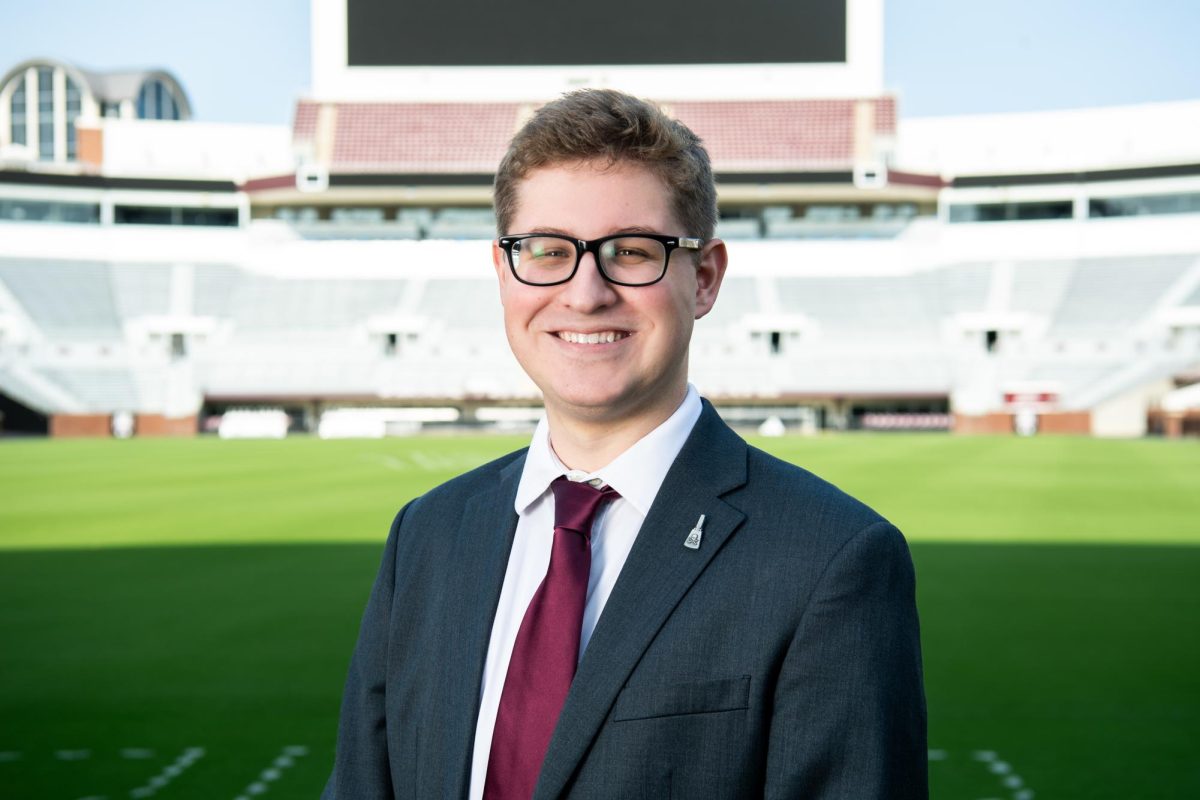The Mississippi Court of Appeals will convene at the Hunter Henry Center on Mississippi State University’s campus on Nov. 6 at 1 p.m. and 2:30 p.m. to give students the opportunity to witness the Joshua Charles Miller v. State of Mississippi case as well as the appeal of William Ervin Edwards v. State of Mississippi.
The court of appeals is an intermediate appellate court that assists in the workload of the Mississippi Supreme Court and it is bringing two criminal appeals cases to MSU’s campus.
According to the State of Mississippi Judiciary’s website, Miller was convicted of murder due to a shooting that killed Kristin Aultman on Aug. 18, 1996 at the Oloh Baptist Church parking lot in Lamar County. His appeal is focused on whether or not his life sentence includes the possibility of parole.
Edwards was sentenced to five years in prison on June 12, 2018 after being convicted of posting messages through media with the goal of harming another.
Donna Barnes, Chief Judge of the Court of Appeals in the state of Mississippi, said that several aspects go into choosing the court cases that are going to be heard at universities. These include both the interest that young adults will have with the particular case as well as an opportunity for a stimulating oral argument.
“We have to make sure the case justifies oral argument since we are asking lawyers to travel,” Barnes said.
According to Beverly Kraft, the Court of Appeal’s Public Information Officer, the Court of Appeals has been hearing cases at universities since 2005, and she said, based on the times she has attended the hearings herself, that the court is always pleased with the number of students who attend.
“They’re taking advantage of a learning opportunity. It’s delightful to see the room full,” Kraft said.
Kraft said this program is a valuable educational opportunity for students because it exposes students to an experience outside of their normal lives.
“It’s an opportunity to see something you wouldn’t ordinarily get. You don’t get it in the classroom, and you don’t get that with TV either,” Kraft said.
Whit Waide, an assistant professor of political science at MSU and the pre-law advisor, said by going to view these appellate courts, students can see a glimpse of the real world.
“It’s important to always try to compliment what you’re learning in school with what’s out there in the real world. It enhances learning in a very impactful way,” Waide said.
Kraft said students need to be exposed to this type of court in case they are not aware of their interest in that particular area of law.
“It may present someone with another possibility that they hadn’t thought of. There are so many different types of law practice,” Kraft said.
Barnes said citizens and students, in general, have more access to trial courts, so they know those types of courts much better than appellate courts.
“It’s what they see on television, it’s what they see in communities if they ever go to the courthouse and peek in on a trial. They’re seeing a trial court judge in action,” Barnes said. “We are away from the public eye, and very few citizens or students are aware of what the appellate process involves.”
Waide said while it is a great program, he hopes more courts will participate in similar programs in the future.
“I think it’s important to see, when you’re in college, to have exposure to how things really happen out there,” Waide said.
Barnes said appellate court judges have isolated work options compared to trial court judges. Because oral arguments are such a small percentage of their jobs, a majority of their jobs include reading, researching and writing.
Because of this, Barnes said one benefit of going to campuses for oral arguments is having the ability to show citizens and students what an appellate court is compared to a trial court.
“We welcome the opportunity to show students and citizens what it is we actually do,” Barnes said.
The Mississippi Court of Appeals to visit MSU
0
More to Discover










































